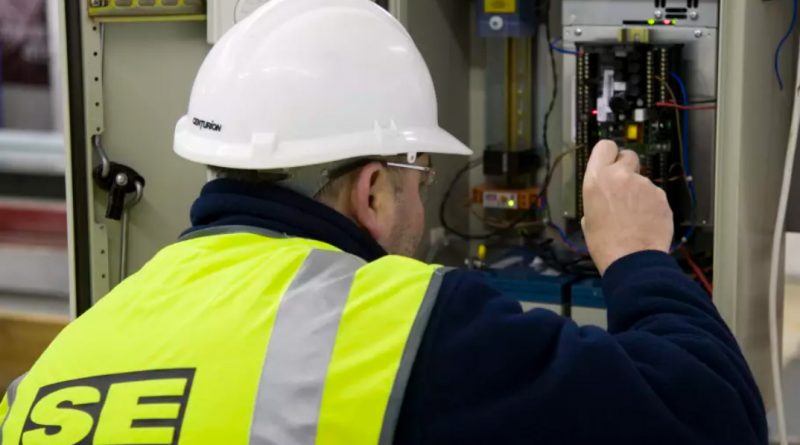Compliance, Complacency and Tenant Safety
Compliance, Complacency and Tenant Safety
If you’re responsible for any of the UK’s housing association or local authority controlled high-rise residential buildings, the combined issues of tenant safety, fire protection, compliance and regulations are likely to have occupied a considerable amount of time over the past year.
During this time, the word ‘compliance’ has been used so regularly in relation to almost every aspect of a building’s design and construction that in some areas its importance may have been diminished or diluted to the point where it has become just a ‘tick in a box’.
One of the key findings in Dame Judith Hackitt’s independent review and interim report on building regulations, published in December 2017, declared that ‘the current regulatory system for ensuring fire safety in high-rise and complex buildings is not fit for purpose. This applies throughout the life cycle of a building, both during construction and occupation.”
Safety is the focus
Clearly, if the standards and regulations are imperfect, then merely complying with them will just exacerbate the issues. So the real focus must be on life safety and responsibility, which was a feature of Dame Judith’s presentation at the recent BSI Fire Safety & Construction Industry Conference in Manchester.
She said that there was a need for significant culture shift from a position of ‘did we build to specification’ to ‘did we build a safe building to live in’ and encouraged designers, clients and contractors to take ownership and responsibility not just to ‘do what the rules tell you.’
At SE Controls, our business is focused on life safety smoke control systems that enable residents to exit a building in the event of a fire by keeping critical escape routes free from smoke. These systems are often complex, and they must operate without fail when needed, so ongoing maintenance regimes are also a critical aspect of ensuring ‘failsafe’ operation.
During the past 12 months, we have been approached by a number of HAs and LAs to assess a wide range of existing smoke control installations to ensure they operate correctly within the scope of the current regulations and where the maintenance has been carried out as part of a ‘bundled’ package by a ‘fire contractor’. In most cases, the systems are malfunctioning and have put lives at risk.
Compromising safety
Under ongoing budget pressures, it’s understandable that HAs and LAs would want to integrate fire systems maintenance and save money in the process by ‘bundling’ smoke ventilation maintenance into a multi-disciplined ‘fire service’ contract.
However, compliance to a contract does not infer compliance to legislation. Compliance to the contract covers off matters such as when PPM visits are scheduled and completed, how quickly reports are completed, call outs attended etc. These can be measured and are generally included in KPIs that compliance managers use to manage their contractors.
What is common, however, is that the compliance team and the compliance managers know very little about the legislation, which drives the procedures for maintaining smoke ventilation systems. Not enough emphasis is placed on matters such as whether the attending engineer is trained and equipped to maintain the systems; is the smoke ventilation system fit for purpose and keeping tenants safe and is the system compliant to the legal obligations that the building owner / managing agent is the responsible person for?
Meeting the safety standards
Under the scope of British Standards, including BS9991, BS9999 and BS7346 Part 8, together with Building Regulations ADB; the European EN12101 standard and best practice guidance documents from the Smoke Control Association, there are specific maintenance requirements and procedures for smoke ventilation systems that must be followed.
The penalties for not adhering to these safety standards can be significant, including the prosecution of companies, building owners, landlords and individuals responsible for building maintenance, resulting in punitive fines as well as custodial sentences.
SE Controls has already been directly involved in a significant number of projects to correct problems caused after general fire contractors have been employed and were unable to maintain the smoke control system within the demands of the regulations.
Clearly, these could have been avoided if the specialised smoke ventilation maintenance contract was kept separate and handled by a specialist company with the necessary skills, experience and expertise. There is no room for compromise, complacency or ‘cutting-corners’ where life safety is concerned. Meeting the regulations and maintaining systems to the required standards goes beyond compliance and is about responsibility, quality and safety in every stage of the process.
For more information on SE Controls, please visit: www.secontrols.com
Published August 2018


